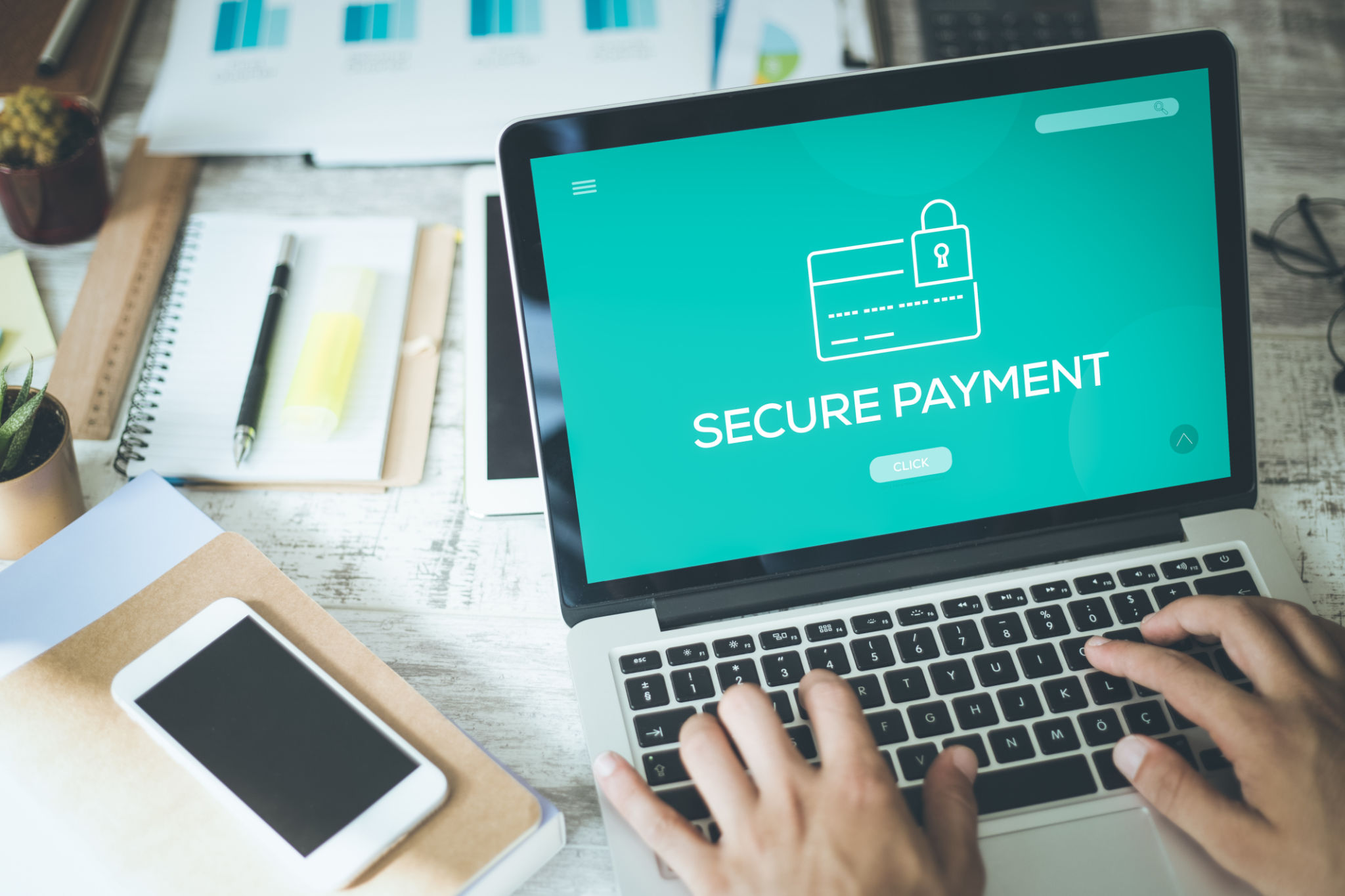The Ultimate Guide to Secure Payments in Florida
Understanding Secure Payment Methods
In today's digital age, securing financial transactions is crucial, especially in a bustling state like Florida where both residents and tourists engage in numerous transactions daily. Understanding secure payment methods can help protect sensitive information and prevent fraud. From credit cards to e-wallets, each method has its own security features designed to protect consumers and merchants alike.

Credit cards remain a popular choice due to their convenience and the security measures they offer, such as fraud detection and zero-liability protection. Meanwhile, digital payment platforms like PayPal and Apple Pay have added layers of security, including encryption and tokenization, that make them appealing alternatives.
Best Practices for Secure Transactions
To ensure secure payments, both businesses and consumers in Florida should adopt best practices. For businesses, implementing SSL certificates on websites is essential to encrypt data and maintain customer trust. Similarly, ensuring compliance with PCI DSS (Payment Card Industry Data Security Standard) helps protect cardholder information.
Consumers, on the other hand, should regularly monitor their bank statements for unauthorized transactions. Additionally, using strong, unique passwords and enabling two-factor authentication where possible adds an extra layer of security to online accounts.

Leveraging Technology for Enhanced Security
Technological advancements have revolutionized the way we handle secure payments. Biometric authentication, such as fingerprint and facial recognition, is increasingly being integrated into payment systems. This technology provides an additional security layer by ensuring that only authorized users can complete transactions.
Moreover, the use of blockchain technology in financial transactions offers a decentralized and more secure way to conduct payments. By leveraging a distributed ledger system, blockchain minimizes the risk of data breaches and fraud.
Florida's Regulatory Environment
In Florida, regulatory measures are in place to ensure secure payment practices. The state's laws require businesses to implement data protection measures and report any breaches promptly. This regulatory framework not only protects consumers but also enhances the reputation of businesses operating within the state.

The Florida Department of Financial Services oversees financial institutions and works diligently to ensure a secure environment for all transactions conducted within the state. Staying informed about these regulations is essential for businesses to avoid penalties and maintain customer trust.
Choosing the Right Payment Processor
For businesses in Florida, selecting a reliable payment processor is critical for transaction security. A good payment processor should offer end-to-end encryption, fraud detection tools, and seamless integration with existing business systems. By choosing the right partner, businesses can protect their revenue streams and enhance customer satisfaction.
Furthermore, understanding the fee structures and customer support options of potential payment processors can help businesses make informed decisions that align with their operational needs and budget constraints.
